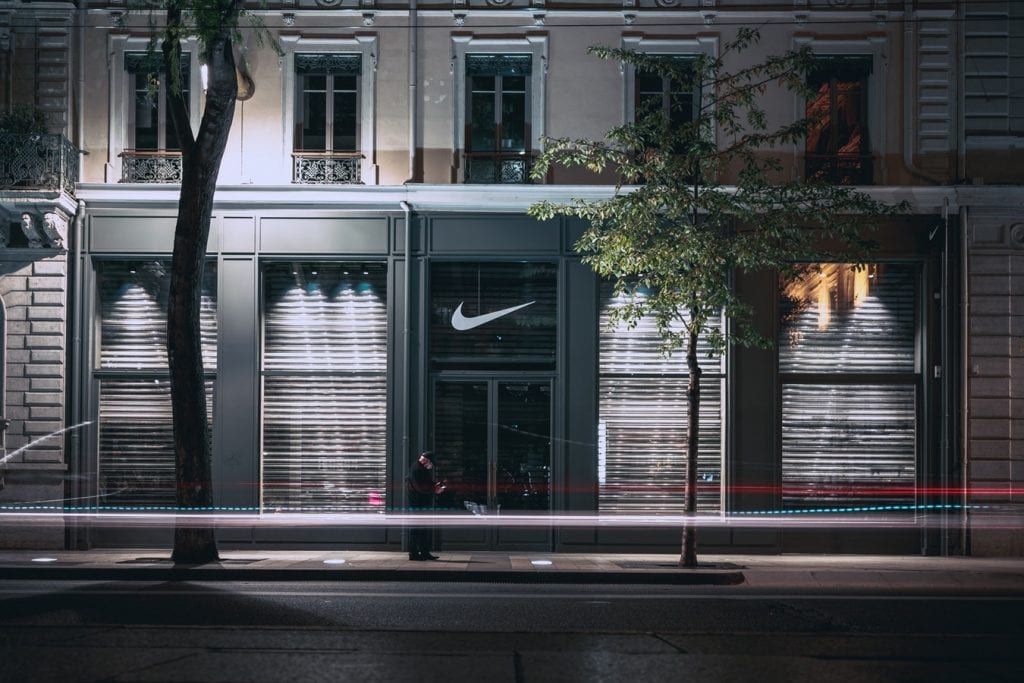Following a 2-year investigation into Nike’s licensing practices in the European Union, the Portland-based sportswear giant has been charged with antitrust violations. According to a statement from the European Commission on Monday, Nike has been hit with a 12.5 million euro ($14.14 million) fine for running afoul of competition law for more than a decade by “illegally restricting traders from selling licensed merchandise cross-border and online within the [European Union] Single Market.”
The European Commission – an EU institution tasked with proposing legislation, implementing decisions, upholding the EU treaties and managing the day-to-day business of the EU – stated on Monday that “for approximately 13 years (from July 2004 through October 2017) Nike’s licensing and distribution agreements for everything from apparel and accessories to “mugs, bags, bedsheets, stationery, [and] toys” violated an EU law that “prohibits agreements between companies that prevent, restrict or distort competition within the EU’s [28-country] Single Market.”
Nike’s illegal agreements “affected to varying degrees the licensed merchandise products bearing the brands of clubs like FC Barcelona, Manchester United, Juventus, Inter Milan and AS Roma, as well as national federations like the French Football Federation.”
In particular, the Commission asserts that Nike imposed “a number of direct measures” restricting licensees – i.e., the parties that contracted with Nike to use specific football clubs’ trademarks (including their names and logos) in connection with the manufacture and sale of sporting products – from engaging in “out-of-territory sales” and instead, requiring them “to refer orders for out-of-territory sales to Nike.”
Commissioner Margrethe Vestager, in charge of competition policy, said on Monday that Nike “partitioned the Single Market and prevented licensees in Europe from selling products cross-border to the ultimate detriment of European consumers.”
The Commission’s antitrust decision – which Ms. Vestager says aims to “make sure that retailers and consumers can take full advantage of one of the main benefits of the Single Market: the ability to shop around Europe for a larger variety of products and for the best deals” – joins a growing list of legal qualms currently being faced by Nike. Just 2 months ago, the same body, the EU Commission, announced that it had initiated an “in-depth investigation to examine whether tax rulings granted by the Netherlands to Nike may have given the company an unfair advantage over its competitors, in breach of EU State aid rules.”
Meanwhile, in the U.S., things are not much rosier for Nike. The $34 billion sportswear company is currently facing three lawsuits stemming from its alleged practice of fostering a discriminatory boys-club environment that also includes a “pattern” of race-based discrimination.











